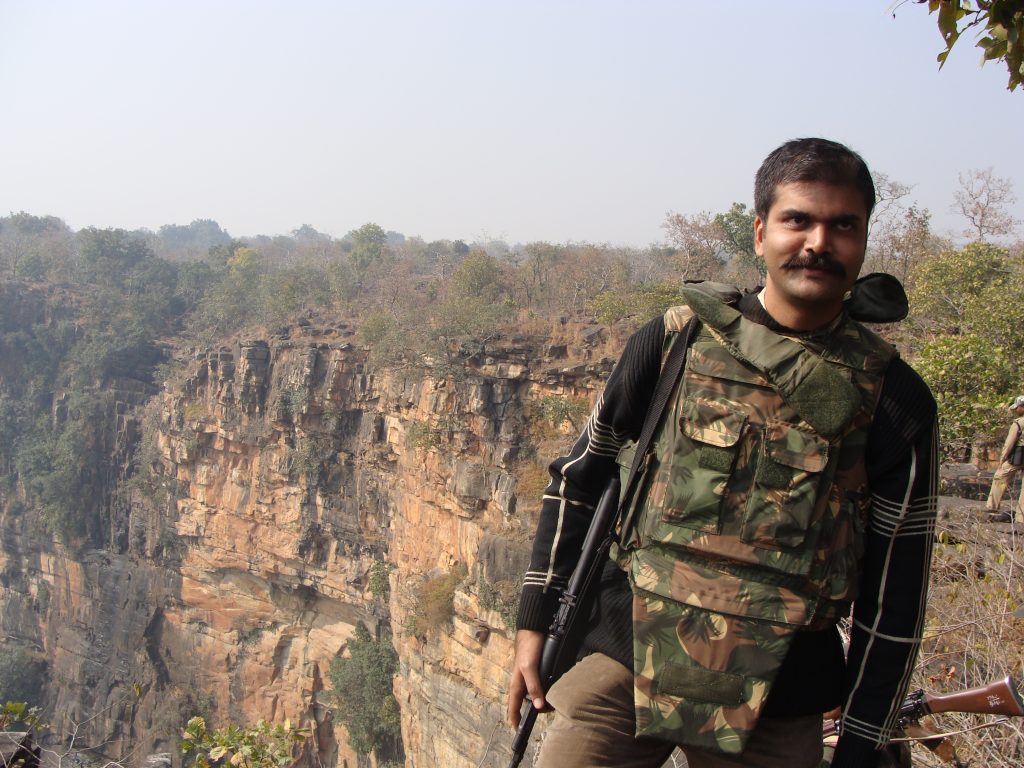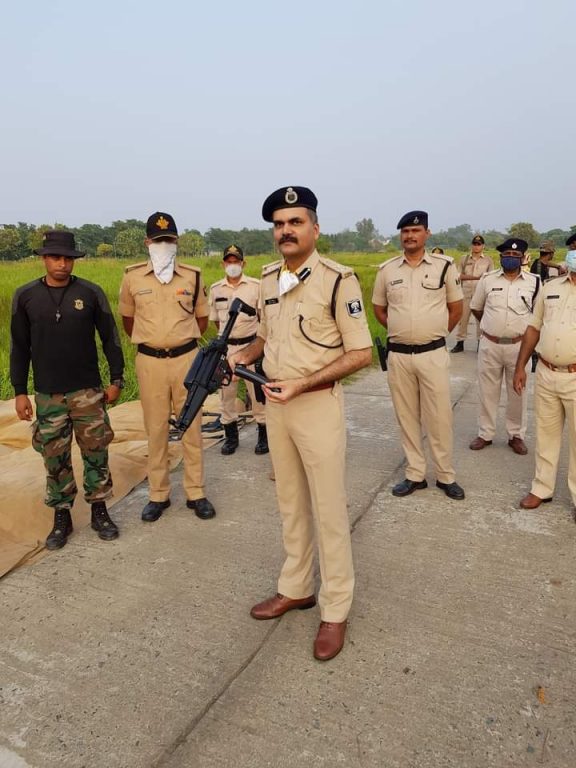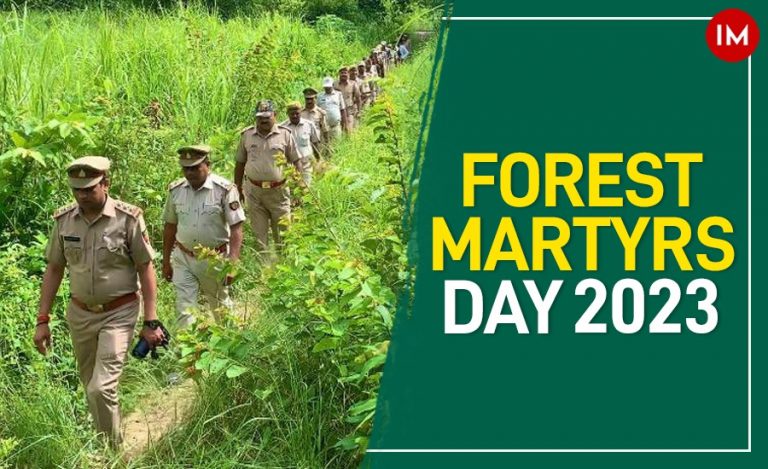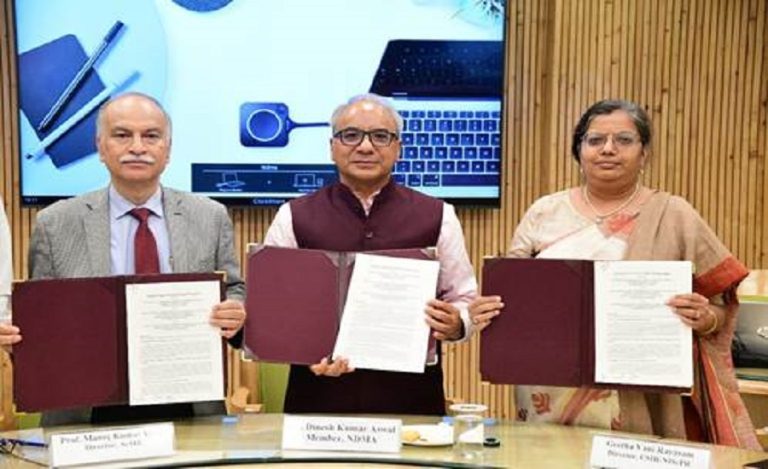Vikash Vaibhav, the 2003-batch officer of Bihar Cadre needs no introduction. From making high profile arrests to investigating major bomb blast cases in the state, he has received the status of one of the most capable and trustworthy IPS officers in the entire India. But there is much more to him. Apart from the actions on field, his love for archaeology and determination in teaching the students has made him the favourite of the youth.
Currently, serving as the Special Secretary, Home Department, Government of Bihar, Mr. Vaibhav shared with Indian Masterminds his new responsibilities and vision .
Conducting Safe Lok Sabha Election in Remote Hills of Rohtas
Mr. Vaibhav was posted in Rohtas in August, 2008. The area had earned bad name because of the maoist activities there. Every now and then the, attacks were made on police stations and officials. Within a month of joining, he himself had a very close encounter with the Maoists in remote Soli village.
The area was in complete turmoil. Since last two decades no elections had been conducted there due to tough terrain and looming fear of attack on polling parties. So when Lok Sabha Elections of 2009 were announced, Mr. Vaibhav decided to end the wait and conduct the election- no matter what is the price.
Changing the prevailing circumstances was not an easy task due to the attacks and fright of Maoists amongst the common people. But, Mr. Vikas was determined about his target and his first priority was making connect with the people.
Recalling those days of unrest and fear among the people and police officials, Mr Vaibhav said, “We launched a major Operation named Ops `Vidhwans’ from October, 2008 which was then followed by another major community policing campaign named as ‘Sone Mahotsava’ in December. The Mahotsava aimed at connecting with the people and motivating them to seek inspiration from the past Heritage of the region, of which the Historic Rohtas Fort was a living symbol. All our efforts were focussed upon integrating the backward and hostile areas into the national mainstream and towards removing the almost complete influence of the Maoists.”
The twin operations turned out to be a huge success in making the connect with people.
Then, the next step was security arrangements in the wake of elections. With a major effort, a company of Border Security Force (BSF) was stationed at Dhansa village two eeks before the scheduled polls on April 16, 2009.polls.However, the Maoists were watching the developments at close quarters and to hinder the elections attacked the full BSF company on the night of 14th/15th April with very advanced weapons. The poll then had to be adjourned due to lack of adequate forces.
Hosting the Tricolour on Rohtas Fort
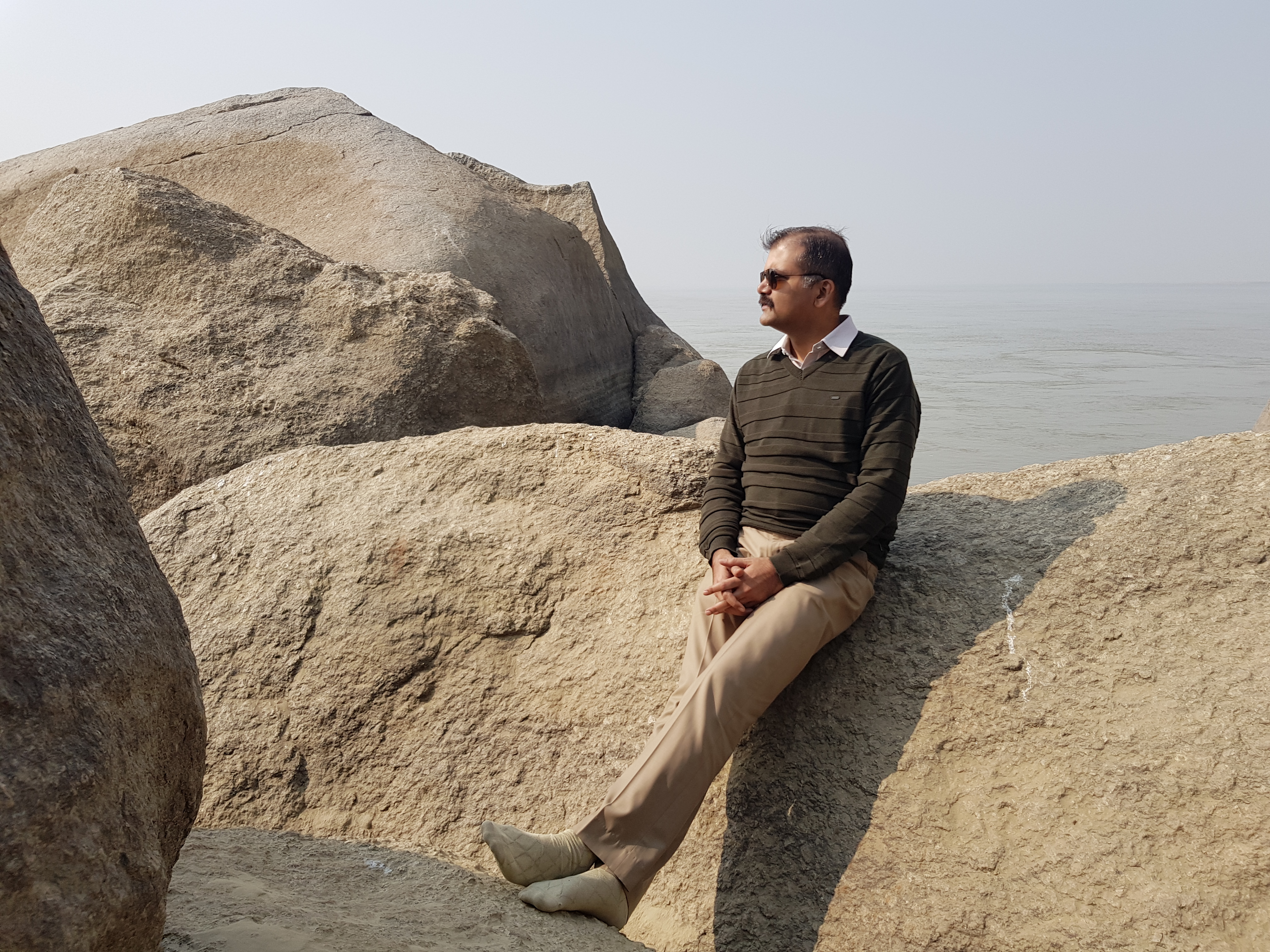
As Mr Vaibhav told Indian Masterminds, “With full zeal and determination, a very meticulous 2-day operation was planned to conduct elections at 3 remote polling locations having in total 6 booths, and with about 14 companies of forces. A very peaceful, free and fair polls was conducted on 9th may, 2009. This was a watershed moment for the region and changed the overall sentiment among the people. Gradually, there was a decline and ultimate decimation of Maoist activities in the region. It was a matter of pride to see the tricolour hoisted on the bastions of the Rohtas fort on 26th January, 2009 and on subsequent national festivals. Earlier, none had cared about the fort which, all this while was in the virtual grip of Maoists and bandits.’’
As a Special Secretary
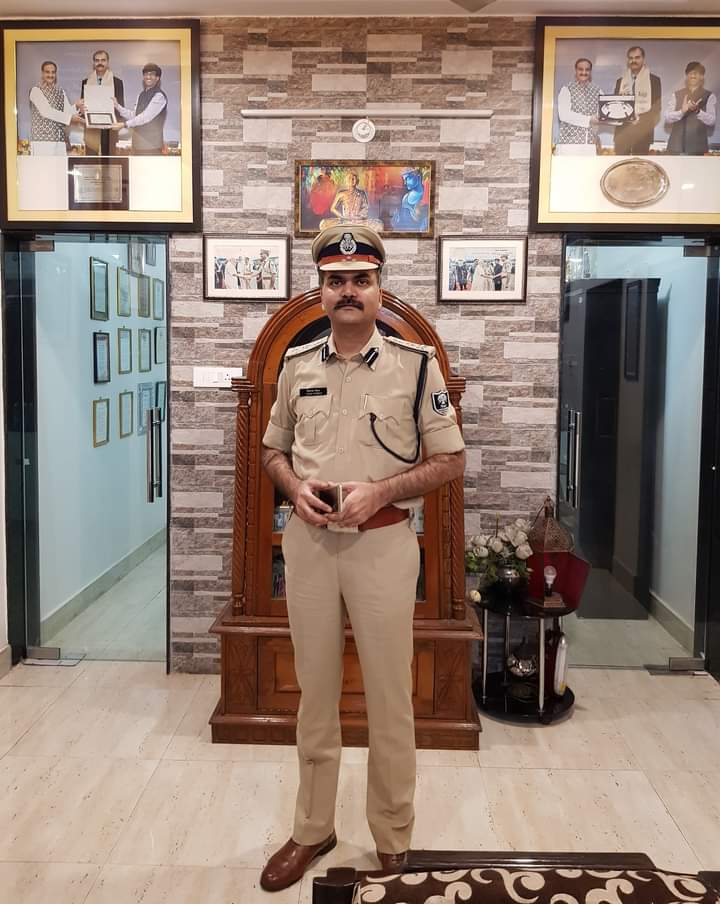
When asked about his new post as Special Secretary, Home, in the Bihar Government, Mr Vaibhav replied, “This is the first time that I am working in a non-police assignment. But I feel myself on a familiar ground here, since I have also served in the NIA and have handled crucial terrorist investigations, along with involvement in policy making for internal security issues. In my present capacity, a big challenge is the proper regulation of private security agencies for which I am designated as the controlling authority. Also, I would be closely involved in the framing of government policies over crucial issues.”
Mr. Vaibhav stressed that maintaining neutrality and fairness was biggest challenge in the bureaucracy today. A bureaucrat, he strongly believes, is only successful if he or she doesn’t succumb to the circumstances, and positively contribute to the society.

